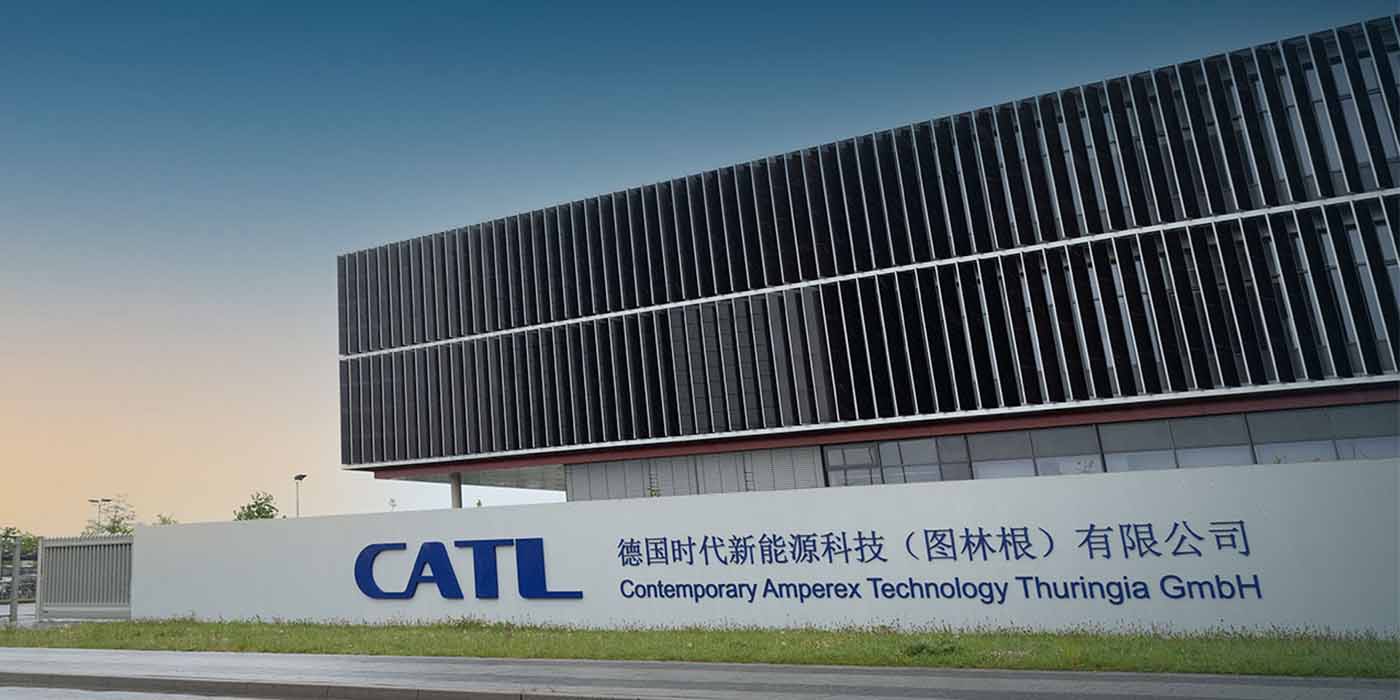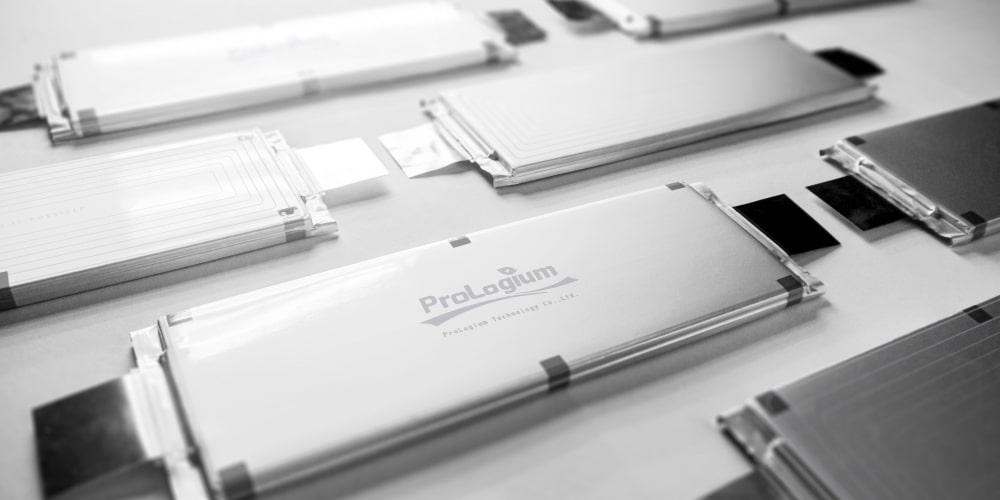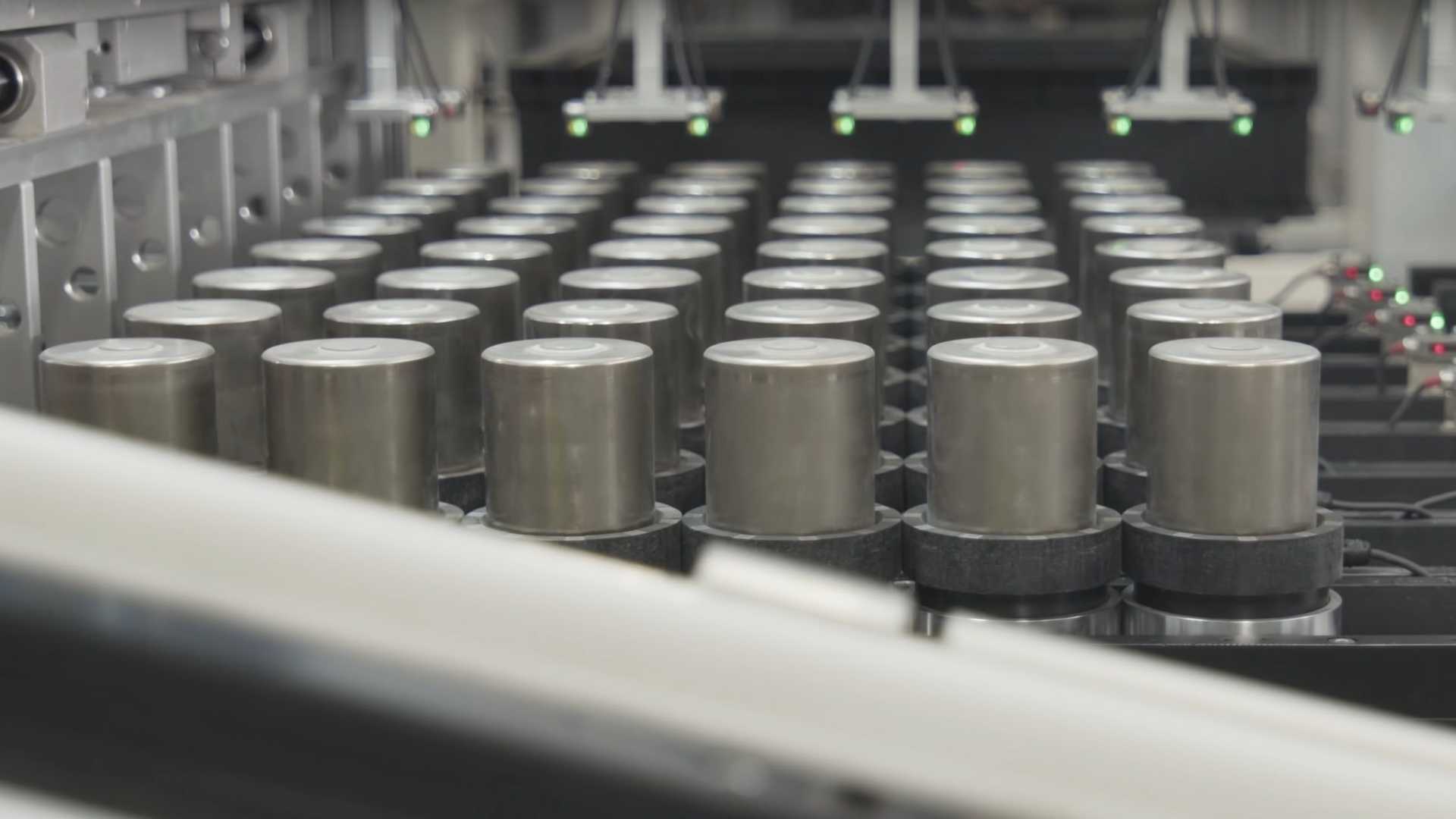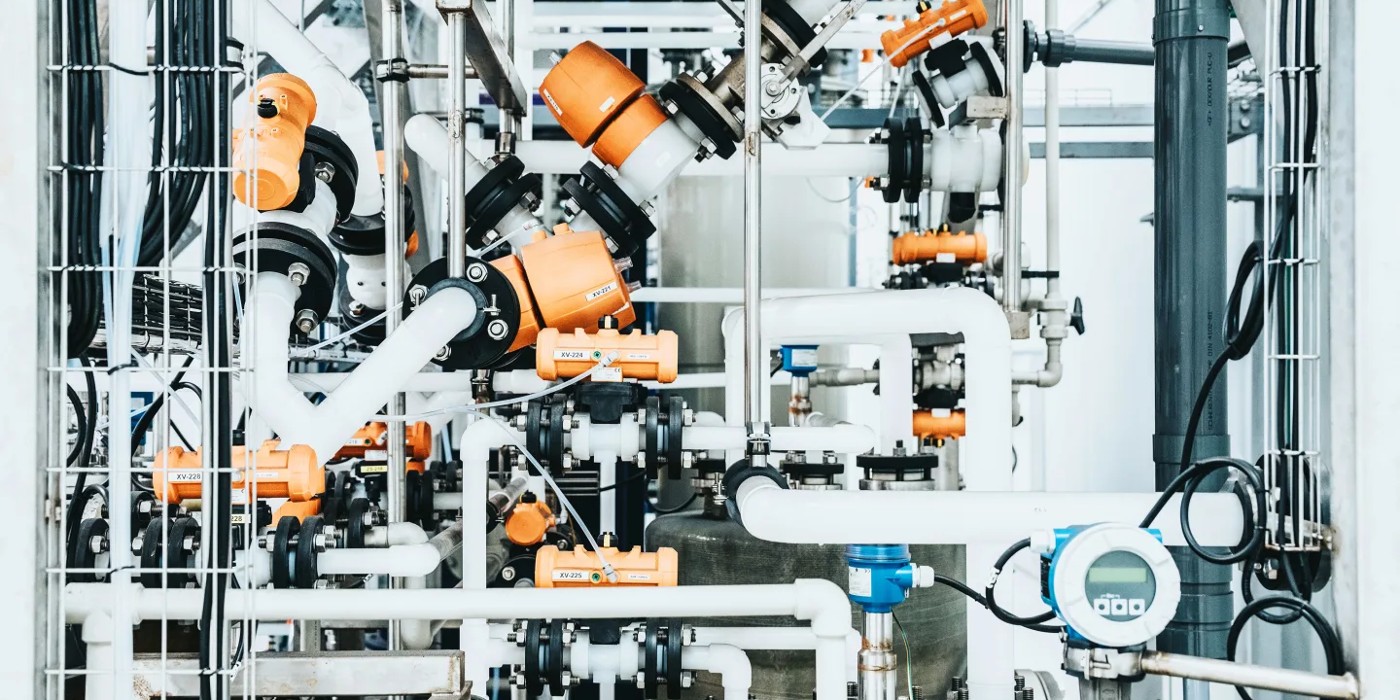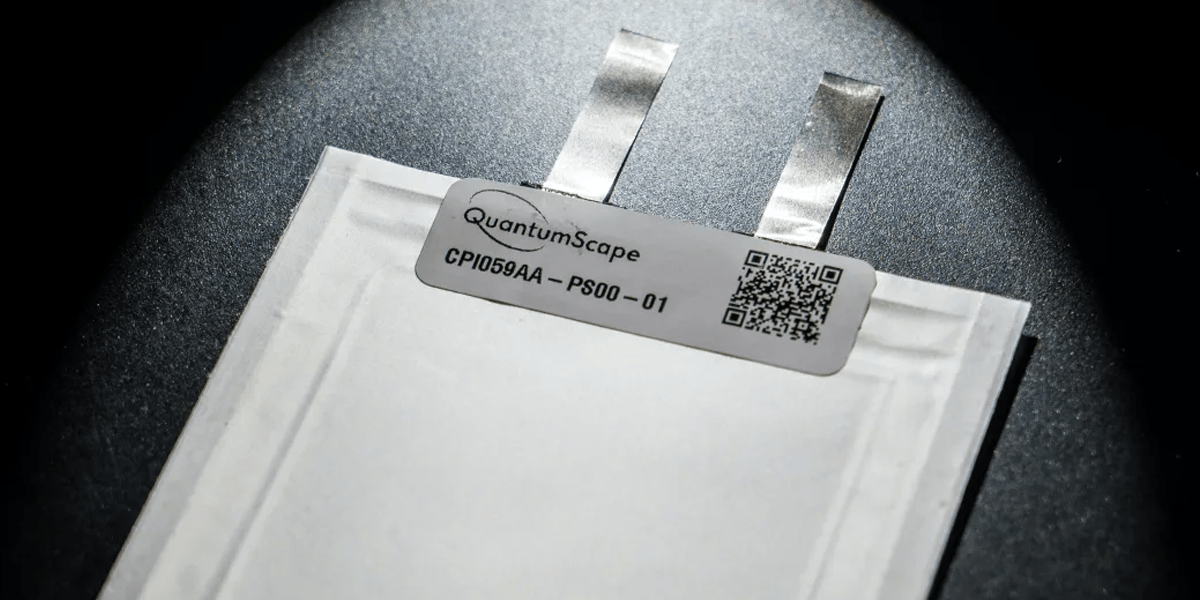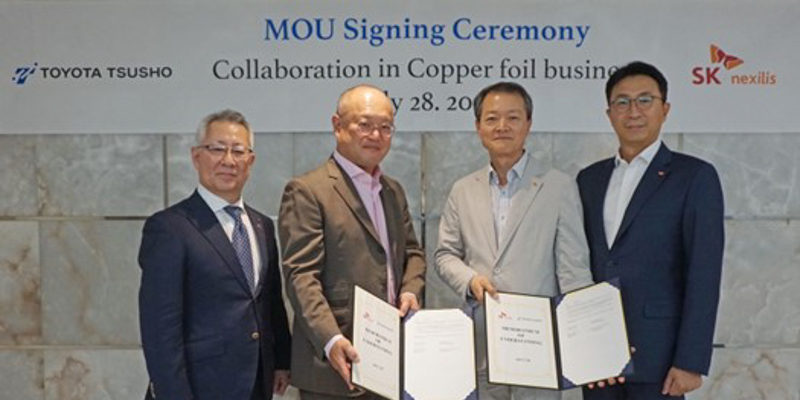In the first half of 2023, the global electric vehicle (EV) battery consumption witnessed remarkable growth, reaching 304.3 GWh, a substantial 50.1 percent increase compared to the same period last year, according to data released on August 3 by South Korean market researcher SNE Research.
Leading the pack, CATL (Contemporary Amperex Technology Co. Limited) emerged as the dominant player in the global market, with battery installations amounting to 112.0 GWh from January to June. This marked a substantial 56.2 percent surge from the 71.7 GWh reported in the corresponding period in the previous year.
With an impressive 36.8 percent share, CATL maintained its position as the world’s top battery supplier in H1 2023, being the only company with a market share exceeding 30.0 percent. This figure was an improvement from its 35.4 percent share in the same period last year and a slight uptick from its 36.3 percent share in the January-May period.
CATL’s batteries found their way into numerous prominent electric vehicle models in the Chinese domestic market, including the Tesla Model 3, Model Y, SAIC Mulan, GAC Aion Y, and Nio ET5. The company’s batteries also made a notable impact on Chinese commercial vehicles, fostering steady growth, as highlighted by SNE Research.
BYD (Build Your Dreams) secured the second position, with power battery installations of 47.7 GWh from January through June, showing an impressive 102.4 percent year-on-year increase from 23.6 GWh in the same period last year. During the first half of the year, BYD captured a 15.7 percent share, a rise from the 11.6 percent recorded in the corresponding period last year, but a slight decline from the 16.1 percent share reported from January to May.
BYD’s growing popularity in China’s domestic market can be attributed to its competitive pricing, bolstered by a vertically integrated supply chain management approach. The company has focused on establishing self-sufficiency in battery production and vehicle manufacturing, as noted by SNE Research. The successful launch of the Atto 3 model further fueled BYD’s market share expansion in Asia and Europe outside China.
LG Energy Solution secured the third spot with power battery installations totaling 44.1 GWh from January to June, marking a solid 50.3 percent year-on-year increase. The South Korean company maintained its 14.5 percent share, which remained unchanged from the previous year, while slightly improving from the 13.9 percent recorded in the January-May period.
Panasonic from Japan occupied the fourth position with a 7.5 percent share, followed by South Korea’s SK Innovation in fifth place, holding a 5.2 percent share. China’s CALB (China Aviation Lithium Battery Co.) ranked sixth with a 4.3 percent share.
Further down the rankings, Samsung SDI from South Korea, China’s Eve Energy, Gotion High-tech, and Sunwoda secured the seventh, eighth, ninth, and tenth positions, respectively, with shares ranging from 4.1 percent to 1.5 percent from January to June.
A notable highlight from the data was that Eve Energy’s power battery installed base of 6.6 GWh in January-June surpassed Gotion High-tech’s 6.5 GWh during the same period. However, in the January-May timeframe, Eve Energy’s installed base was 5.1 GWh, trailing Gotion High-tech’s 5.3 GWh.
Collaboration between Chinese and South Korean companies has come into focus, aiming to navigate US IRA (International Emergency Economic Powers Act) regulations. South Korea’s free trade agreement (FTA) with the US offers potential solutions for these companies to export battery materials to US-based firms while meeting IRA conditions. As a result, the US government is considering potential tighter regulations to address such circumvention strategies, according to SNE Research.

